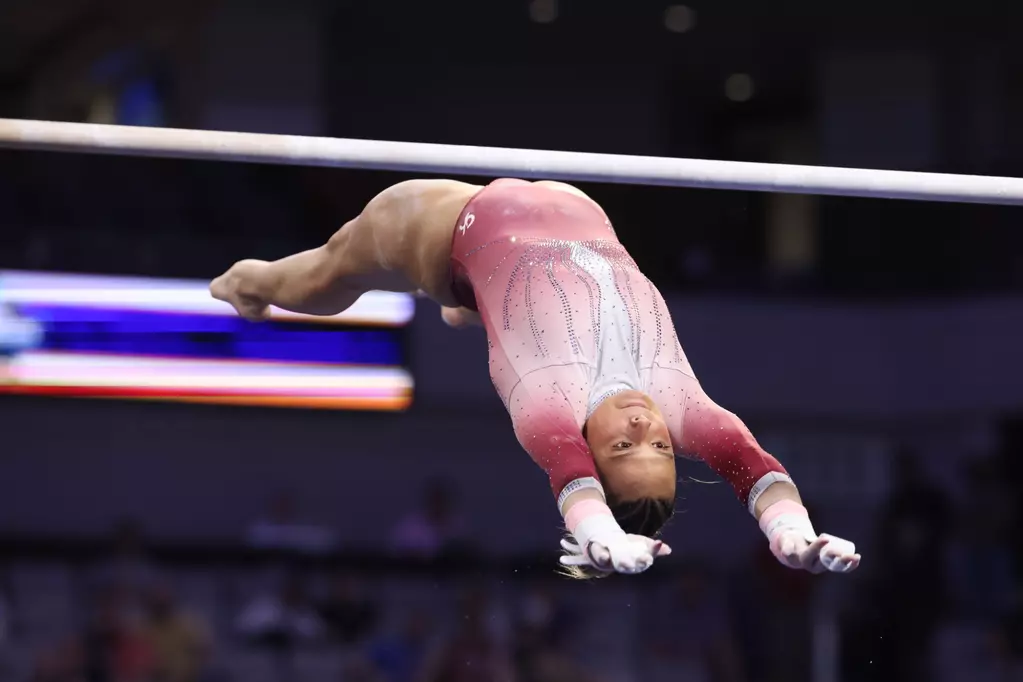In college football, some of the most common violations, both major and minor, revolve around recruiting.
Coaches are severely limited in their contact availability with recruits, and must document every call they make to potential recruits and report them to their school’s compliance officers.
But a Jan. 19 ruling by the NCAA Board of Directors would now allow college coaches to have virtually unlimited contact with recruits for all sports after their junior year of high school, all without having to make reports to the school’s compliance officials.
The biggest rule changes regarding recruiting affect the way coaches can get in contact with potential recruits. Those rules would allow programs to hire completely separate recruiting staffs, remove all restrictions on texting, calling or sending printed materials to recruits, and would also remove dead and quiet periods.
J.C. Shurburtt, the national recruiting director for 247Sports, said he feels the changes will be good for collegiate coaches, who will no longer have to worry about committing minor infractions.
“I think as far as getting rid of some of the ticky-tack rules, maybe casting the coach as a cheater because he really didn’t understand when you can do something,” Shurburtt said, “I think it takes a lot of pressure off.”
Still, the rule changes have received heavy criticism from both the high school and collegiate levels. Collegiate coaches, athletic directors and school presidents have 60 days to vote against the proposed rule changes. If enough schools vote to overrule the changes during that period, they’ll be revoked. If not, they’ll take affect in the summer.
Shurburtt said the rule changes could potentially have some major problems, especially revolving around recruits.
“I can see it being a huge infringement on the time of potential student athletes,” Shurburtt said. “His ability to communicate with his friends and have a normal life if the flood gates will be opened. I can definitely see this getting out of control as far as a student athlete social aspect goes.”
Numerous football recruits have offered differing opinions on the changes as well. Northridge running back Bo Scarbrough said he has mixed feelings about the rule changes.
Scarbrough is an Alabama commit, and is ranked by every major football recruiting service. He said he’s at a point in his recruitment where he feels comfortable telling coaches he isn’t interested in their school, but feels any more attention put on him could have negative consequences.
“I think that they should keep it the way it was,” Scarbrough said. “…College coaches contact the high school kids, especially big schools. And kids aren’t focused OVERSET FOLLOWS:on their work, always talking about the website, and they’re like, ‘this coach called me, that coach called me,’ and they’re not focused on their school work.”
Another potential issue Scarbrough mentioned was the amount of privacy he and fellow recruits would have if the rules passed. Scarbrough said if coaches had unlimited access to contact him on his cell or house phone, it may become overwhelming.
“It can, at some points,” Scarbrough said. “You might be busy doing something with your family, and you get a phone call, and you just don’t want to tell a coach you’ll call them right back, and do all types of other things.”
Another recruit, Denzel Ware, a defensive end out of Opp High School, said he wouldn’t mind having recruiters make more contact with him.
The reason for this, Ware said, is because it would allow him to better gauge which school has the most interest in him. Ware, a Kentucky commitment, is a ranked recruit by 247Sports, Scout and Rivals.
“I’m not really worried about it,” Ware said. “I don’t think it’s bad. I’m looking forward to (getting more calls). Then you can see what school really wants you.”
Recruits and collegiate coaches aren’t the only ones weighing in on the rule changes, either. Scarbrough’s head football coach, Mike Smith, said he didn’t like the rule changes, mainly because it gives too much access to players.
“I talked to (Alabama head coach Nick Saban) about this, and me and him both agreed,” Smith said, “that this is opening up Pandora’s box to a lot of things that could not be good to the kid…. And a player of Bo’s caliber, his life could become miserable. Literally.”
Smith said it wouldn’t just be high-profile recruits who were affected, either. Smith said another potential problem is “diamond in the rough” players missing out on recruiting opportunities, as coaches are focusing most of their time getting in contact with more recognizable recruits.
These changes may not simply affect recruits, however. Negative changes may be seen on the collegiate level as well. Coaches and recruiters who already spend a good portion of their time on the road getting in contact with recruits may see less of their families because of the competitive necessity to keep up with other recruiters.
Still, Shurburtt said this problem could be easily remedied simply by hiring more recruiters to a program’s staff. But while the bigger schools may not have problems spending more money to hire separate recruiting staffs, other schools with less impressive budgets simply may not be able to keep up financially.
“We’re going to see what coaching staffs understand recruiting, and what coaching staffs don’t,” Shurburtt said. “I think it’s going to maybe expose some of these problems.”
Smith said for those schools who didn’t have the budgets to extend to adding more recruiters, these rule changes would make their job and personal lives exceptionally difficult.
“It’s going to be unbelievable, the load that they have,” Smith said. “This could impact a lot of families at the coaching level because the time they’re going to have to keep up with the Joneses, because everybody’s going to do it.”
Leading in today’s Crimson White:
Four arrested players off of team, campus
Softball team consistently selling out Rhoads
Tide still undefeated after routing Bulldogs 11-0 in 5 innings








